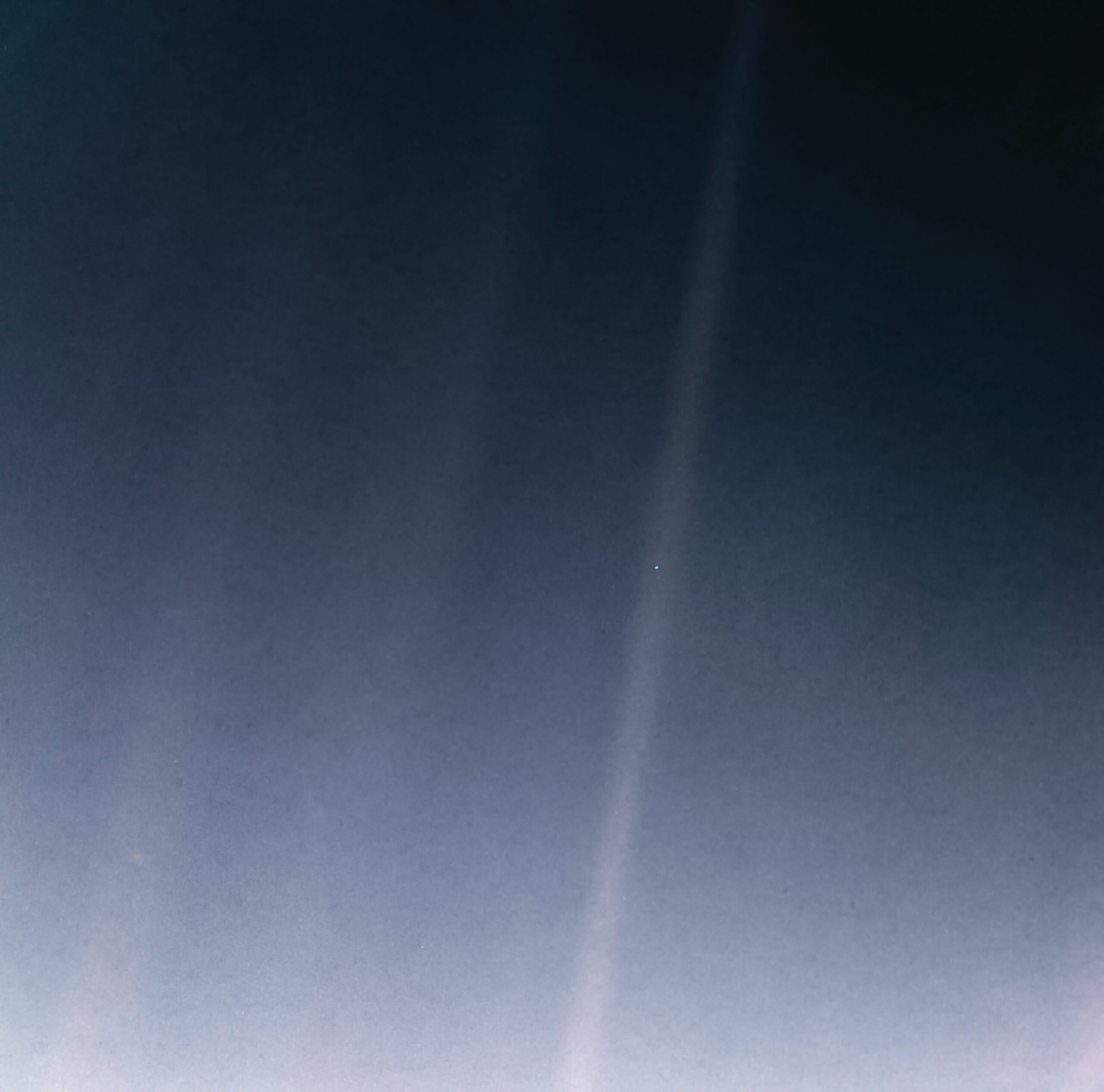
Jay Caselberg
Starlight
To look beyond the stars and find a way
While all around the dark decline conspires
Seeing not the future but just today
To keep us bound within among the pyres
Our minds so fixed upon this tiny pond
Where do we go when here is all we see?
Are we so blind to all that lies beyond
To set our sights so low and not foresee
Promise so bold it shines above us all
The black of night now lit with dust and hope
We glance above and talk caught in our thrall
Our sight confined to this our worldly scope
But no the few that see those lights so far
May know that hope lies now beyond that star
_______________
Jay Caselberg is an Australian author and poet whose work has appeared around the world and been translated into several languages. From time to time, it gets shortlisted for awards. He currently resides in Germany.
Backstory: “I have been writing poetry since I was at school, encouraged by my English teacher, but primarily free verse. I decided more recently to experiment with the more structured forms, so first with Haiku and Tanka because of their brevity, the Villanelle, because of Dylan Thomas, and then the Sonnet, because of the precision of its form and the volta. I am a fan of precision, and brevity in fiction and of course, there as well, the turnaround, the twist, that leaves us contemplating.”
Editor’s Notes/Image Citation: The Pale Blue Dot is a photograph of Earth taken Feb. 14, 1990, by NASA’s Voyager 1 at a distance of 3.7 billion miles (6 billion kilometers) from the Sun. The image inspired the title of scientist Carl Sagan’s book, “Pale Blue Dot: A Vision of the Human Future in Space,” in which he wrote: “Look again at that dot. That’s here. That’s home. That’s us.” Image Credit: NASA/JPL-Caltech, Historical Date: February 14, 1990; The revised image was processed by JPL engineer and image processing enthusiast Kevin M. Gill with input from two of the image’s original planners, Candy Hansen and William Kosmann.
I am reminded of T. S. Eliot’s quotation: “We shall not cease from exploration, and the end of all our exploring will be to arrive where we started and know the place for the first time.” (Little Gidding, Part V, “Four Quartets”)
